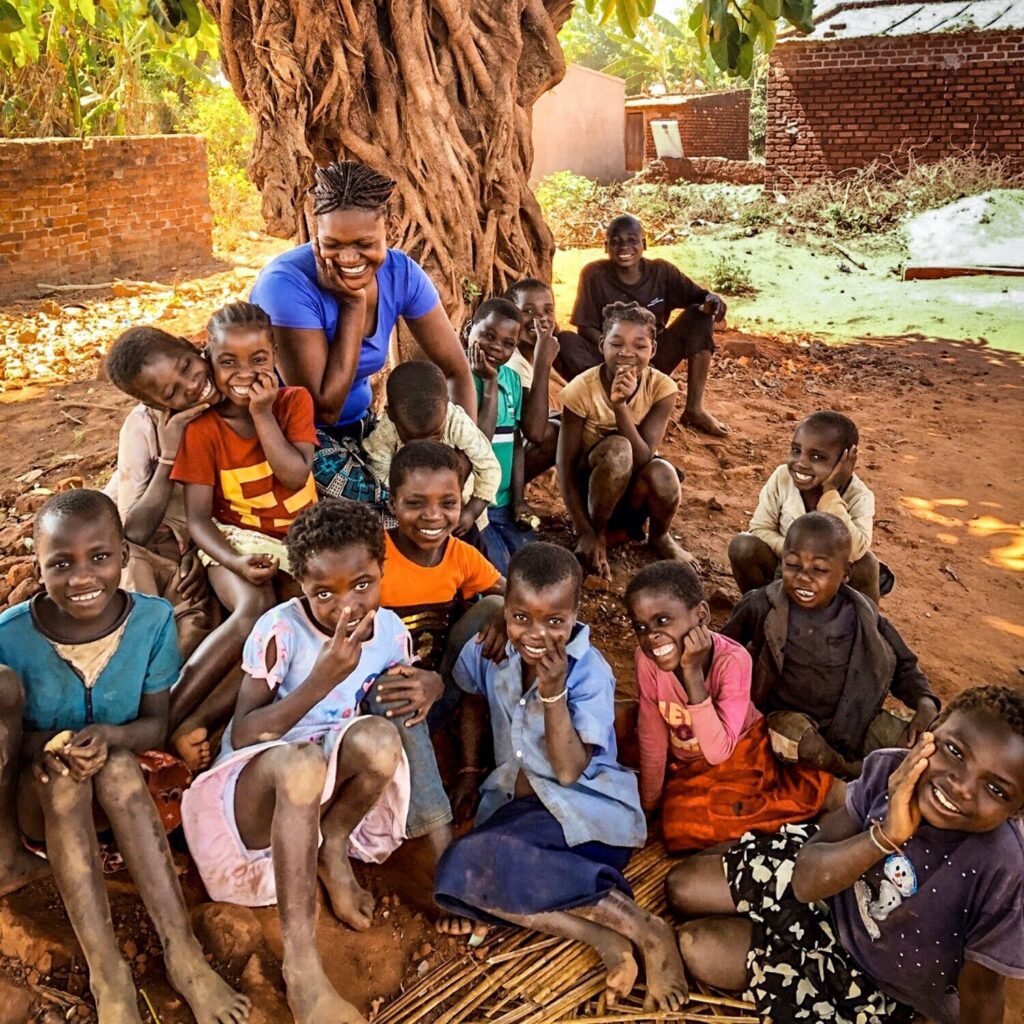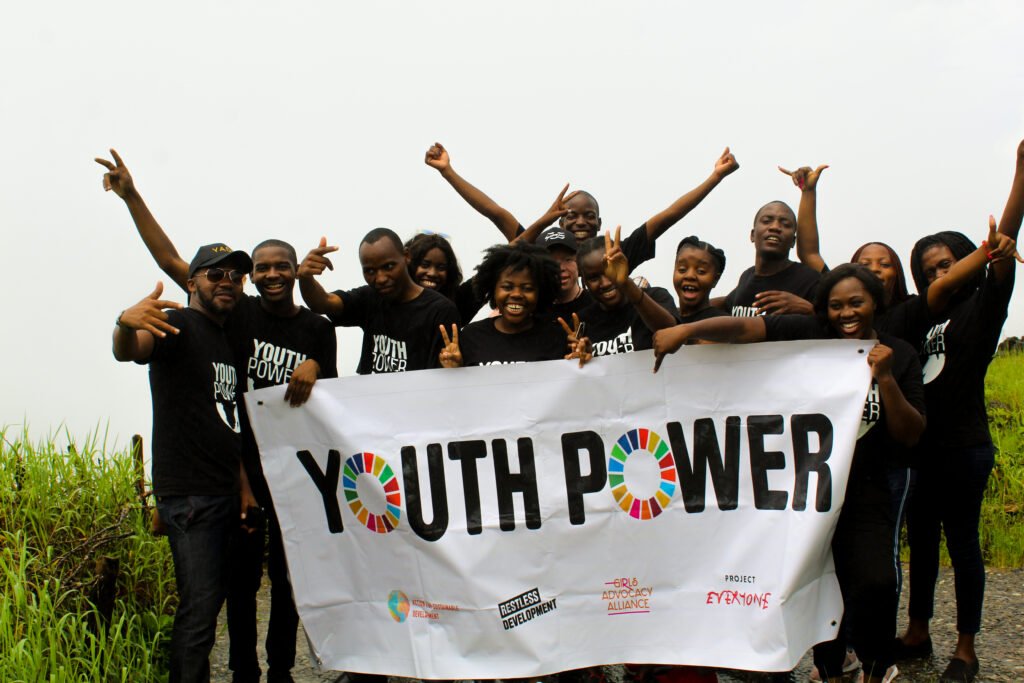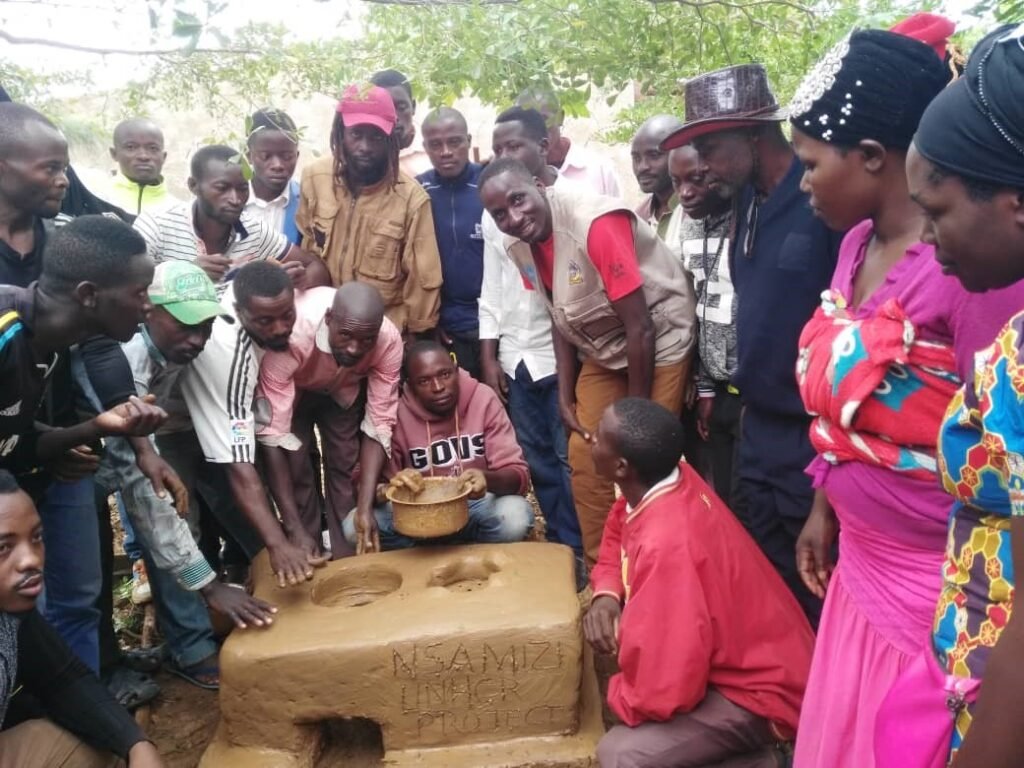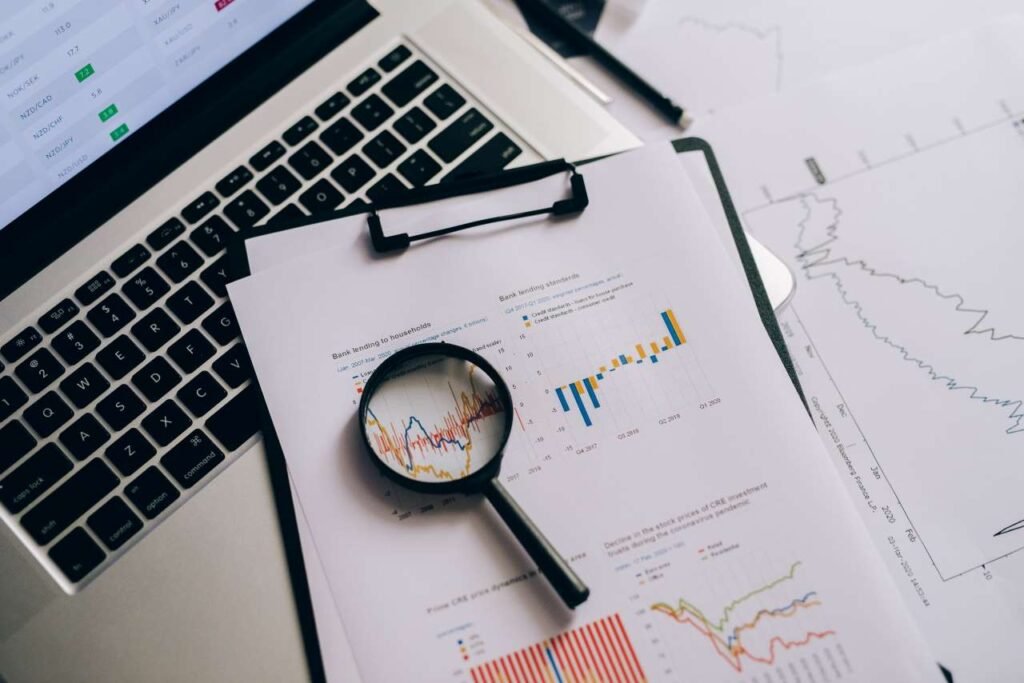Water access and infrastructure
Sanitation and hygiene (WASH) education
Toilets for dignity
Community empowerment
Climate resilience
- Uganda, Central Kampala, Nakawa Division, Mbuya II,
- info@parpacaafrica.org
- +256 772873735,
- +49 15214740368
Africa faces serious and urgent challenges that threaten its growth, well-being, and environment. Rapid population growth, urbanization, and climate change are putting immense pressure on natural resources, leading to food shortages, water scarcity, energy gaps, and environmental degradation.
Despite advances in technology and research, many solutions fail to reach the communities that need them most. Traditional development approaches often tackle one issue at a time, overlooking the bigger picture. As a result, progress is slow, efforts are fragmented, and many critical problems remain unresolved.
To create lasting change, Africa needs coordinated action. Researchers, universities, NGOs, civil society organizations, policymakers, and local communities must work together to design solutions that are practical, sustainable, and tailored to local needs and realities.
The PARPACA Innovation Ecosystems Hub addresses this gap by connecting experts, innovators, and communities to tackle key challenges, including sustainable agriculture, renewable energy, water and natural resource management, and climate resilience. By combining research, technology, innovation, policy guidance, and community engagement, we create solutions that improve lives, protect the environment, and drive sustainable growth.
Without this kind of collaboration, Africa risks widening inequalities, further environmental degradation, and slower progress toward the Sustainable Development Goals.
PARPACA: Shaping Africa’s Sustainable Future
Our hybrid model combines rigorous research and policy analysis with collaborative implementation. We convene a multidisciplinary ecosystem of researchers, innovators, policymakers, and community leaders to co-create evidence-based strategies that are both actionable and impactful. By leveraging cutting-edge technology and fostering inclusive partnerships, we facilitate knowledge exchange, build capacity, and accelerate innovations that deliver measurable results.
More than a think tank, PARPACA is a dynamic platform where Africa’s sustainable future is imagined, engineered, and realized. Anchored in the UN Sustainable Development Goals (SDGs) and guided by the principle of Leave No One Behind, our work emphasizes indigenous knowledge, gender equality, human rights, and the empowerment of marginalized communities.
To lead Africa in evidence-driven research and innovation, empowering communities—especially the underrepresented and marginalized—and institutions to shape policies, strengthen livelihoods, and advance sustainable development across Africa.
To advance sustainable development in Africa by empowering marginalized communities with participatory research, evidence-based policies, and innovative solutions that foster justice, equality, and inclusion

_____________
Eradicating poverty leads to more stable societies, reduces conflict, and enables people to contribute fully to the economy and community

_____________
Zero Hunger is the second goal of the United Nations Sustainable Development Goals (SDG 2), aiming to end hunger, achieve food security, improve nutrition, and promote sustainable agriculture by 2030.

_____________
Gender equality is not just a women's issue—it’s a human rights issue. It means giving everyone, regardless of gender, the same opportunities to thrive, lead, and live with dignity

_____________
Water is life—but for 2.2 billion people around the world, access to safe drinking water remains out of reach. Over 4.2 billion people lack safely managed sanitation services.

_____________
Sustainable Development Goal 7 (SDG 7) aims to ensure access to affordable, reliable, sustainable, and modern energy for all.

_____________
Sustainable Development Goal 10 (SDG 10) calls for the reduction of inequality within and among countries, ensuring that no one is left behind.
_____________
The 13th United Nations Sustainable Development Goal (SDG 13), calls for urgent steps to combat climate change and its impacts. It means reducing greenhouse gas emissions, building resilience, and empowering communities to protect the environment and prepare for climate-related risks.
_____________
Sustainable Development Goal 14: Life Below Water aims to conserve and sustainably use the oceans, seas, and marine resources. Oceans cover over 70% of the Earth's surface and are vital to life as we know it.
_____________
we believe that healthy ecosystems are the foundation of thriving communities. Through reforestation projects, sustainable land use initiatives, and community-led conservation programs, we work to preserve biodiversity, combat desertification, and restore degraded lands.
_____________
By strengthening community structures, supporting conflict resolution, and promoting legal awareness, we help create resilient societies where justice prevails and institutions serve the people.

At PARPACA, our research starts with the community. We engage local communities and marginalized groups to identify the issues that matter most to them, ensuring that our findings reflect real grassroots realities. This approach not only uncovers actionable insights but also empowers communities to understand and address their own challenges, fostering ownership and accountability over the research outcomes.
Our Methods Include:
Participatory Action Research (PAR): Community members become co-researchers, actively participating in every stage—from identifying problems to developing solutions and driving action.
Community-Based Participatory Research (CBPR): We build equitable partnerships with communities, emphasizing mutual learning and shared decision-making.
Integration of Indigenous Knowledge: Traditional practices, values, and knowledge systems are recognized and incorporated to produce culturally relevant, context-specific outcomes.
PARPACA transforms research into action. By translating rigorous, community-driven research into evidence-based policy recommendations, we drive systemic change that benefits vulnerable and marginalized groups. We engage governments, institutions, international bodies, and other stakeholders to raise awareness, promote policy reforms, and advocate for legislation that responds directly to the needs of the communities we serve.


PARPACA delivers strategic technical support and capacity-building to partner organizations, local stakeholders, and communities. We ensure programs are evidence-based, high-quality, and tailored to local contexts, while strengthening partners’ ability to implement projects effectively and promoting local ownership and long-term sustainability.
We provide systematic technical leadership to subgrantees, ensuring programmatic excellence across SDG-focused initiatives by:
Offering expert guidance and oversight to uphold the highest programmatic standards.
Supporting subgrantees in applying best practices in project design, implementation, and evaluation.
At PARPACA, we ensure that every euro of donor funding is managed with the highest standards of transparency, accountability, and compliance. Our financial oversight for European grant projects combines rigorous monitoring, partner capacity-building, and proactive risk management to safeguard resources and maximize impact.
Our Approach Includes:
Robust Financial Framework
We establish clear policies, procedures, and roles to ensure funds are managed in full compliance with European grant regulations.
Partner Capacity Assessment
Before project implementation, we evaluate partners’ financial systems, identify potential risks, and provide tailored training to strengthen their financial management capabilities.
Budgeting & Planning
We develop and track budgets aligned with grant agreements, ensuring proper allocation, cost control, and efficient cash flow management.
Monitoring & Reporting
Through regular financial reviews, documentation checks, and variance analysis, we ensure expenditures are accurate, justified, and compliant with donor requirements.
Internal Audits & Compliance
Routine audits and compliance checks maintain transparency, detect irregularities, and enable timely corrective actions.
Risk Management & Fraud Prevention
We implement strong controls, segregation of duties, and secure reporting channels to prevent fraud and financial mismanagement.
Capacity-Building & Support
Ongoing training and coaching help partners stay up to date on EU grant rules, reporting standards, and financial tools, building long-term financial resilience.
Digital Tools & Record-Keeping
We leverage advanced financial management software and maintain a centralized document repository for complete audit trails and donor verification.
Transparent Donor Reporting
Accurate interim and final financial reports provide clear evidence of fund utilization and project impact.


PARPACA acts as the central hub for Monitoring, Evaluation, and Learning across consortium countries. It strengthens partners’ M&E capacity through training and mentorship, harmonises tools and systems for consistent data collection, provides oversight to ensure quality and compliance, and fosters learning by sharing insights and best practices across projects.
At PARPACA, we lead and coordinate complex, multi-country development programs, combining strategic funding models with a commitment to inclusive, results-driven outcomes. As a trusted consortium leader, we work with communities, governments, and civil society through:
Research & Evidence Generation – Producing actionable insights that inform decisions and guide practice.
Policy Analysis & Advocacy – Advancing policies that promote equity, justice, and sustainable development.
Technical Backstopping & Capacity Strengthening – Building the skills and knowledge of partners for sustainable impact.
Monitoring, Evaluation & Learning (MEAL) – Ensuring accountability, transparency, and continuous improvement.
Innovation & Adaptive Solutions – Designing flexible approaches to respond to emerging challenges.
Consortium Leadership & Networking – Fostering collaboration among diverse stakeholders for collective results.
Humanitarian & Development Response – Addressing urgent needs while supporting long-term resilience.
Resource Mobilization & Strategic Partnerships – Leveraging resources and relationships for greater impact.
Funding Disbursement to Civil Society Organizations – Empowering local actors to drive change at the grassroots level.
Through this model, PARPACA not only generates knowledge and policy solutions but also strengthens community capacity to advocate for their own priorities—helping shape a more inclusive, equitable, and resilient Africa.
– Engage all stakeholders (beneficiaries, staff, donors, partners) in the M&E process.
Be part of the change. Help us empower marginalized communities and advance social justice across Africa through your support and involvement. Get Involved
Publications
Career
Library
Projects
© 2025 all rights reserved by parpacaafrica.org